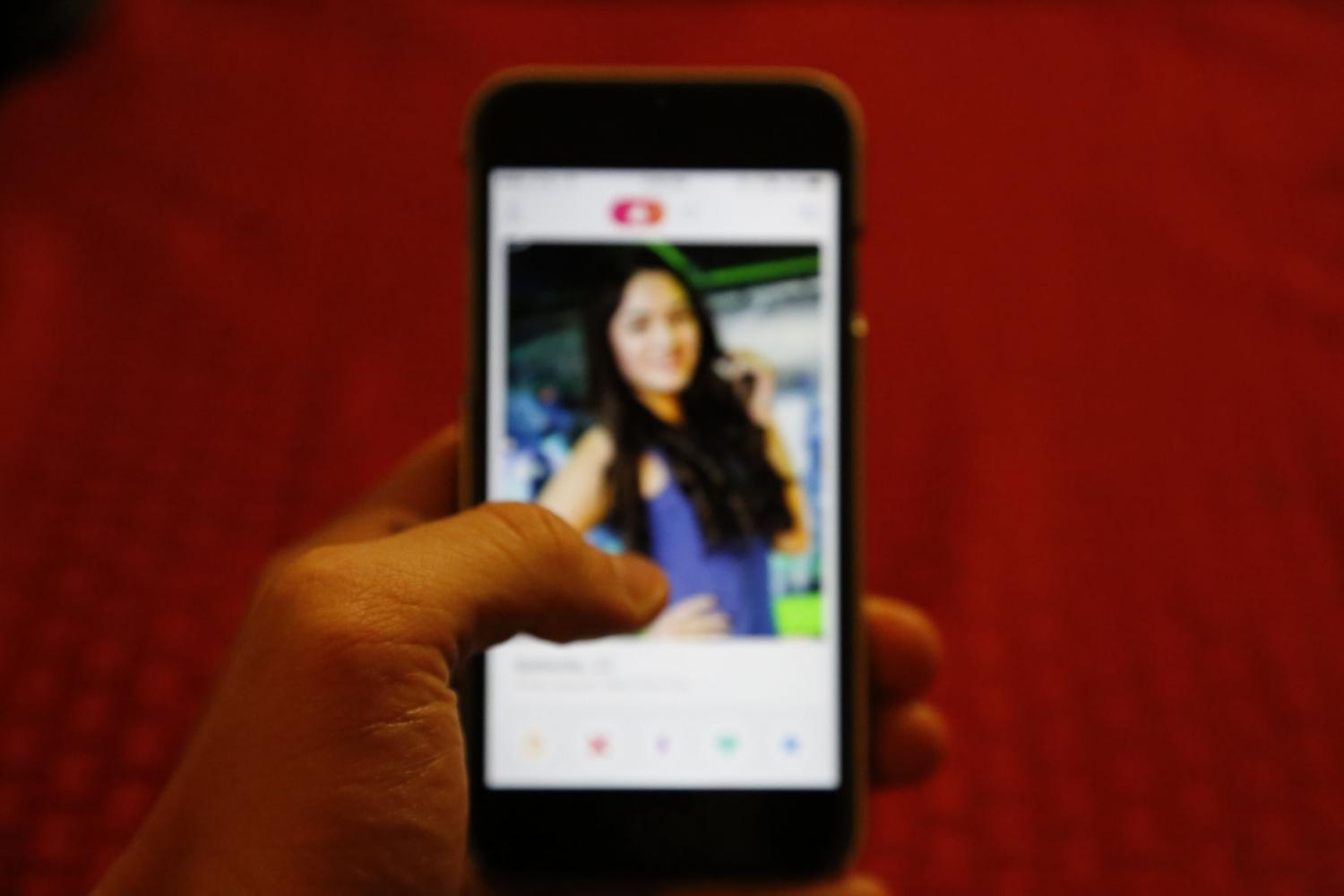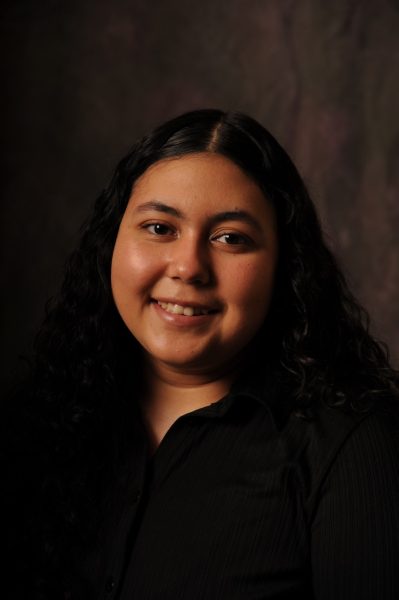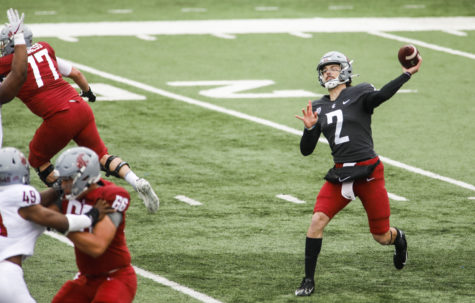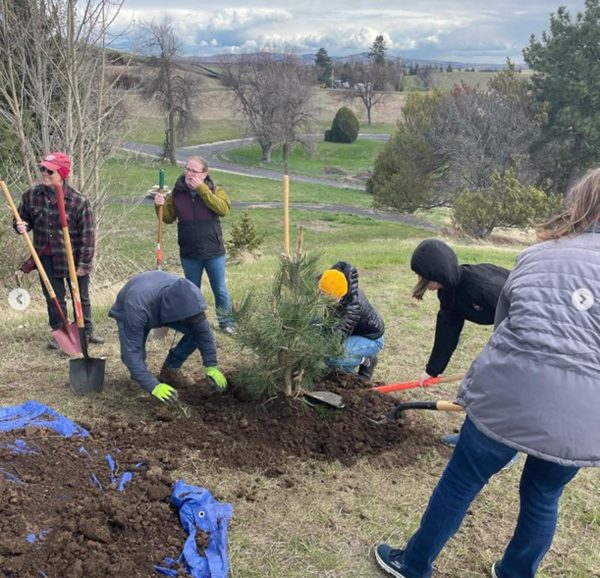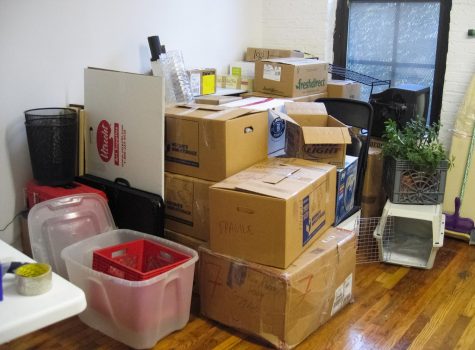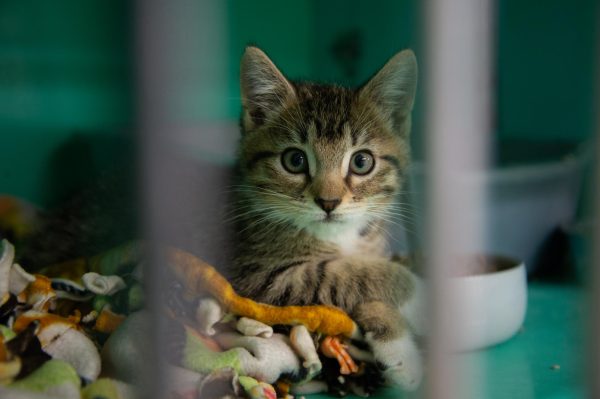Tinder: a new platform for old attitudes and behaviors
March 3, 2017
Through all the swiping and first impressions on Tinder, sparks have flown for some students, while others have gotten burned.
For the uninitiated, Tinder is a location-based social app that allows users to swipe left (no) or right (yes) on users’ profiles, and allows users who have both swiped right on one another to message through the app. The New York Times reported its simplicity and popularity is in the photo-based decision-making.
R., an international business management sophomore who asked to remain anonymous, said he went on a Tinder date and the two of them talked until closing.
“Eventually she asked me if I was Latino,” he said. “And I said, ‘No, I’m Indian.’ She was shocked and told me she doesn’t affiliate with Middle Easterners. Then left.”
India is a South Asian country, whereas the Middle East is a transcontinental region between Northeastern Africa and Western Asia. He attributes his match’s ignorance to a lack of diversity.
“Back home, the minority were the majority,” R., who is from northern California, said. “Out here, it’s just different.”
He explained his first name is derived from the Guru Granth Sahib, which he said is the equivalent of the Bible to the Sikh people.
“Of course my name is a challenge, no doubt,” R. said. “[The] majority of people pass it over because different is bad.”
He, like many others, refers to Tinder as a hookup app. “I mean, how many people actually read a bio?” he said. “I had a pretty extensive bio describing myself, but I mean, even I sometimes just swipe.”
J., a construction management freshman who also asked to remain anonymous, said he noticed people are on Tinder for a variety of reasons.
Tinder has maintained in press meetings and on social media that it is not exclusively a hookup app.
“It seems like some people know exactly what they want, and others say they know what they want, and then when it comes down to it, they have no idea,” J. said. “I don’t understand why people in relationships or just in general come on here to look for friends.”
Emily Kirk, an English education senior, said her interactions with females have been “a lot more kind, and a whole lot less ‘let’s meet up and Netflix and chill,’ ” a reference to the popular, at times tongue-in-cheek euphemism for hooking up.
“When I mean kind, I mean females more commonly will start conversations as if they’re a friend first asking, ‘how are you?,’ ‘what are you interested in?’ ‘how is your day going?’ ” she said. “Questions like that that show a side of kindness toward another human being.”
Kirk said these interactions show they “recognize that they’re talking to another human being with thoughts, feelings, and emotions instead of trying to prove one’s masculinity. I’ll talk with someone and after a while we’ll meet up and hang out, and if there’s a sleepover, then other things happen besides sleeping.”
Levon Knight, a zoology freshman, has enjoyed the month that he has spent on the app meeting people, since most of his friends live in Western Washington. Knight, who is African American, said his matches are usually Caucasian women because of Pullman’s demographics.
“I also like to try and like or match with anyone, to get to know more people,” he said. “I know some people use it to pass time liking people who they think are interesting. It’s just a pretty fun app overall.”
Kate Sumner said one of her matches paid for her Paradiso festival ticket. Sumner, an elementary education sophomore, addresses sexism with a tap of a button.
“I just laugh and unmatch. It’s only a stranger,” Sumner said. “Many people on [the app] have strong thoughts on people who are bisexual. They will assume I’m interested in a threesome, I’m a wh-re, and that I can’t be loyal in a relationship.”
Sumner also recalled an interaction with a male user.
“[He] asked for sex and I said no,” she said. “So he responded, ‘u sure? Your ugly. You should feel lucky I asked b-tch.’ It just upsets me that he decided to react aggressively. Especially because he has a sister.”
The Guardian columnist, Eve Livingston, suggested while the technology is new, the mindsets are not. “These apps are quite simply new platforms for very old attitude,” she wrote.
Just Tuesday of this week, Tinder issued a statement on San Francisco man Nick Vedovi, who was was banned for life after he sent racist and sexist slurs to an Asian woman who he thought took too long to respond to his messages.
“Tinder has a zero-tolerance policy on disrespect,” wrote Rosette Pambakian, Tinder’s vice president of communications and brand. “No racist rants. No sexist pigs. No trolling. No jerks who can’t get over their own inadequacies long enough to have a decent conversation with another person on Tinder.”


